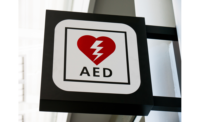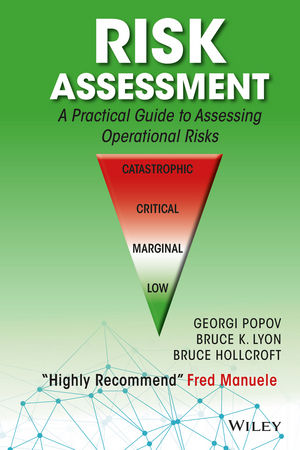The findings are from Gallup's annual consumption poll, conducted July 7-10, 2011, which measures Americans' attitudes on many issues involving smoking, drinking, and weight.
The views of "smokers" in 2011 are based on 170 respondents who reported smoking any cigarettes in the past week. The 67 percent of smokers who say smoking is very harmful is up from the past three years, matching the prior high found in 2004. Americans overall have barely budged over the past decade in their high level of agreement that smoking is very harmful to adults who smoke, with 81 percent saying so this year.
There is less consensus among Americans that secondhand smoke is very harmful. The percentage of Americans who agree — 54 perecent this year — has been remarkably steady over the past decade, even as new studies emerge linking secondhand smoke to various ailments. The 35 percent of smokers and 59 percent of nonsmokers who agree are also within the range that Gallup has typically found.
The risks of smoking and secondhand smoke are widely documented and acknowledged. The National Cancer Institute estimates that cigarette smoking causes 443,000 deaths each year and that exposure to secondhand smoke causes approximately 49,400 of those deaths. Recent studies have also linked secondhand smoke to behavior and learning problems among children and hearing loss among teenagers.
Implications
Americans' views about the risks of smoking and secondhand smoke have held largely steady in recent years, even as the percentage who support a ban on smoking in all public placessurged to a record high this year. Together, the findings suggest that Americans have largely made up their minds about the risks of smoking, and that nonsmoking Americans want to see more action to protect them from the danger they perceive from secondhand smoke.
For their part, smokers have returned to a higher level of acknowledgment of the risks of smoking and secondhand smoke. Further, these views coincide with slightly lower levels of smoking overall; 22% of Americans now report smoking in the past week, compared with 28% in 2001.
Gallup's annual consumption survey and the Gallup-Healthways Well-Being Index surveywill continue to monitor smoking patterns and attitudes in future years.
Survey methods
Results for this Gallup poll are based on telephone interviews conducted July 7-10, 2011, with a random sample of 1,016 adults, aged 18 and older, living in all 50 U.S. states and the District of Columbia.








